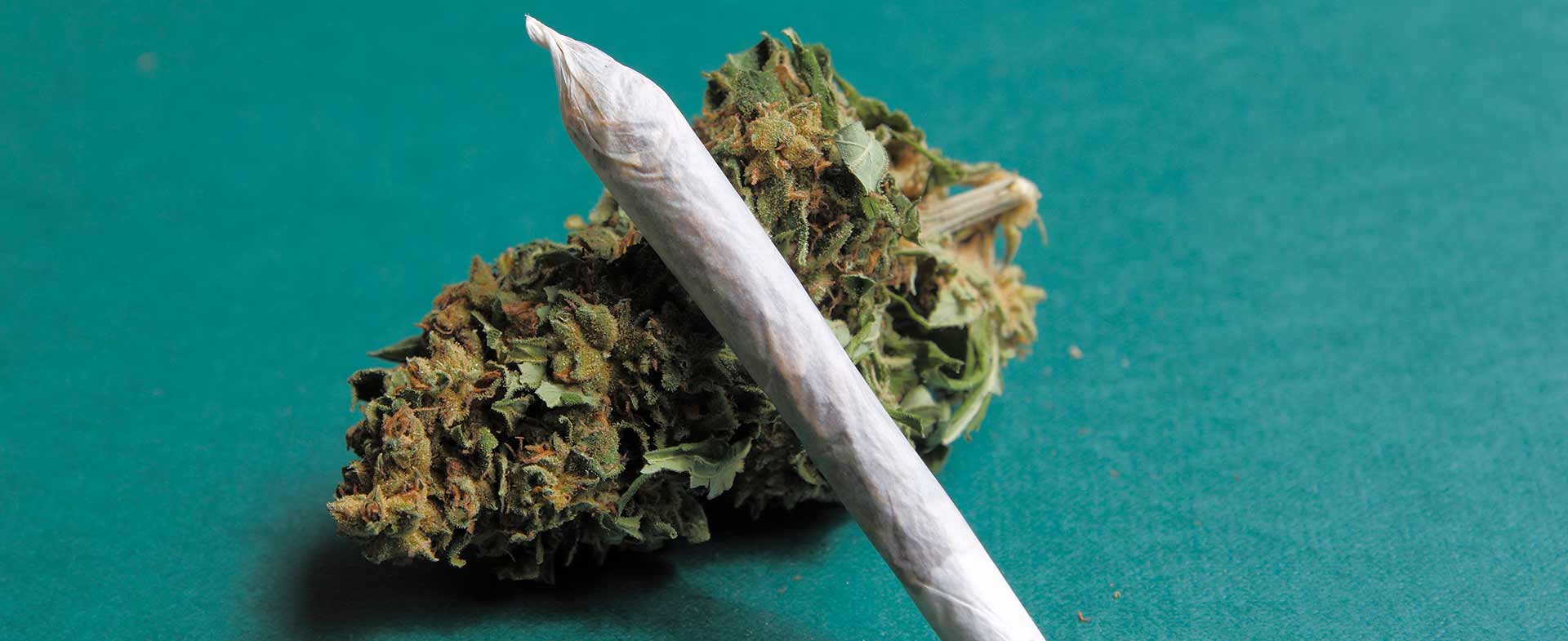As the legalization of recreational marijuana use spreads across the country, cannabis products are becoming more and more accessible. Manufacturers are incorporating cannabis into a huge variety of formulations—tinctures, edibles, topical creams, lotions and potions—for which they claim a wide range of effects.
“According to 2020 survey data, two-thirds of Michiganders believe marijuana is more accessible than it used to be and only one in five people view it as a major health risk,” says Amanda Holm, MPH, who manages the Tobacco Treatment Service at Henry Ford Health. The truth: marijuana is not a harmless drug, and the degree of risk depends on many factors.
What’s The Difference Between Marijuana And Cannabis?
While many people use the terms “marijuana,” “cannabis” and “hemp” interchangeably, they are not the same thing.
- Cannabis refers to all products that come from Cannabis sativa, a plant that contains more than 500 chemical substances.
- Marijuana refers to cannabis plants or products that contain more than 0.3% by weight of the mind-altering substance tetrahydrocannabinol (THC).
- Hemp describes cannabis plants and products that contain less than 0.3% THC by weight.
What Are Cannabinoids?
Cannabinoids are a group of more than 100 biologically active substances in the cannabis plant. Well-known cannabinoids include THC and cannabidiol (CBD).
- THC is the substance in cannabis that produces marijuana’s signature high. It’s also claimed that THC can ease pain, promote well-being and help people with certain medical conditions relax, sleep, digest and feel calm.
- CBD does not have psychoactive effects, but it is thought to ease anxiety and reduce inflammation.
“It’s important to remember that the Food and Drug Administration (FDA) has not approved cannabis or cannabinoids for any medical use,” Holm says. But the agency has approved a few medicines containing cannabinoids to treat conditions such as epilepsy, chemotherapy-induced nausea and loss of appetite related to HIV/AIDS. For example, a purified form of CBD called Epidiolex™ can help reduce the frequency and severity of seizures among people with epilepsy.
Evidence is mixed on whether cannabinoids can help treat such conditions as glaucoma, chronic pain and multiple sclerosis. Studies suggest that much of the pain relief perceived by people who use cannabis may be due to the placebo effect (their positive expectations that it will help).
Are Cannabis Products Safe?
Unfortunately, there’s no straightforward answer to that question. According to Holm, there are risks associated with cannabis and cannabinoids, particularly marijuana when it is smoked. Especially concerning is the fact that up to 30% of users develop symptoms of something called cannabis use disorder.
Like other substance use disorders, cannabis use disorder is characterized by cravings, withdrawal symptoms and loss of interest in other activities. Over time, it can interfere with a person’s relationships and professional responsibilities.
Other risks include:
- Smoking marijuana exposes people to the same types of toxins found in tobacco smoke, which can contribute to heart, lung and other chronic diseases.
- Use of marijuana is associated with an increased risk of motor vehicle accidents and injuries.
- Children and pets can be unintentionally poisoned by consuming edible products containing concentrated amounts of THC.
“Even though recreational use of cannabis in legal in Michigan, it doesn’t come without risks,” emphasizes Holm. “There’s a lot we still don’t know about these products.” To find out more about whether cannabis and cannabis-containing products are appropriate for you and your specific health conditions, talk to your doctor.
To find a doctor at Henry Ford, visit henryford.com or call 1-800-436-7936.
Amanda Holm, MPH, is the project manager for the Tobacco Treatment Service in the Henry Ford Center for Health Promotion and Disease Prevention.



